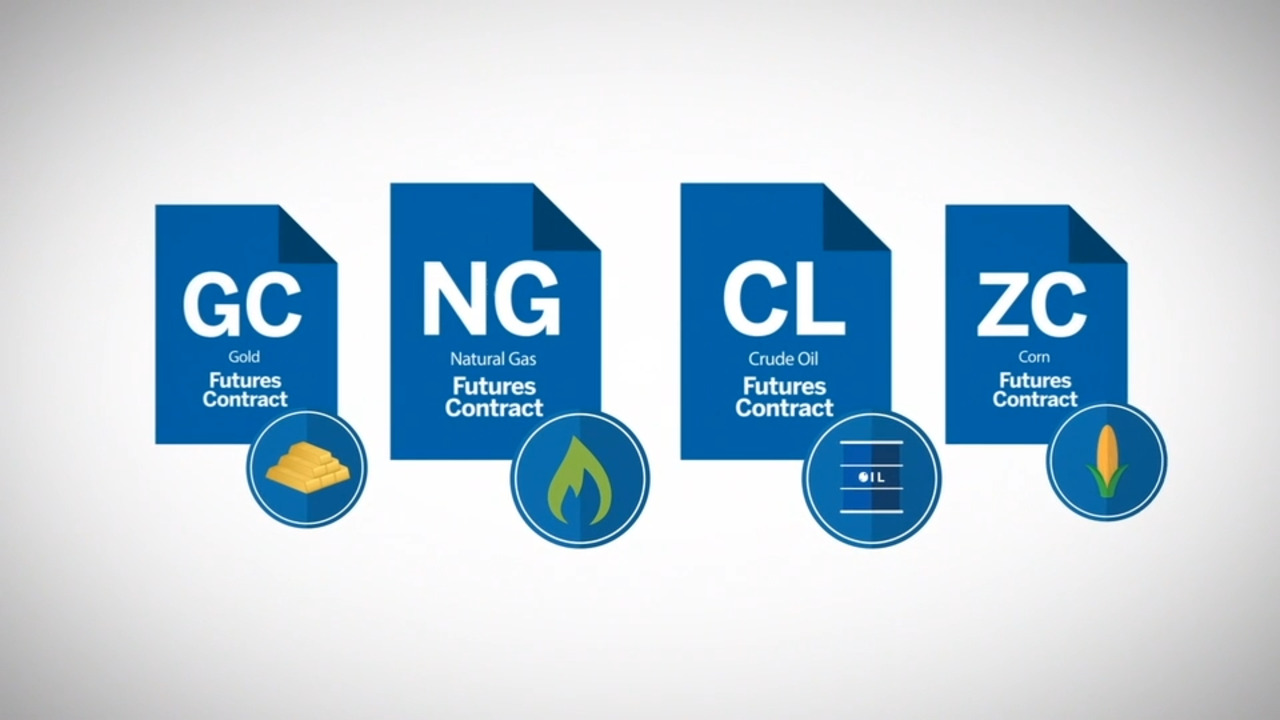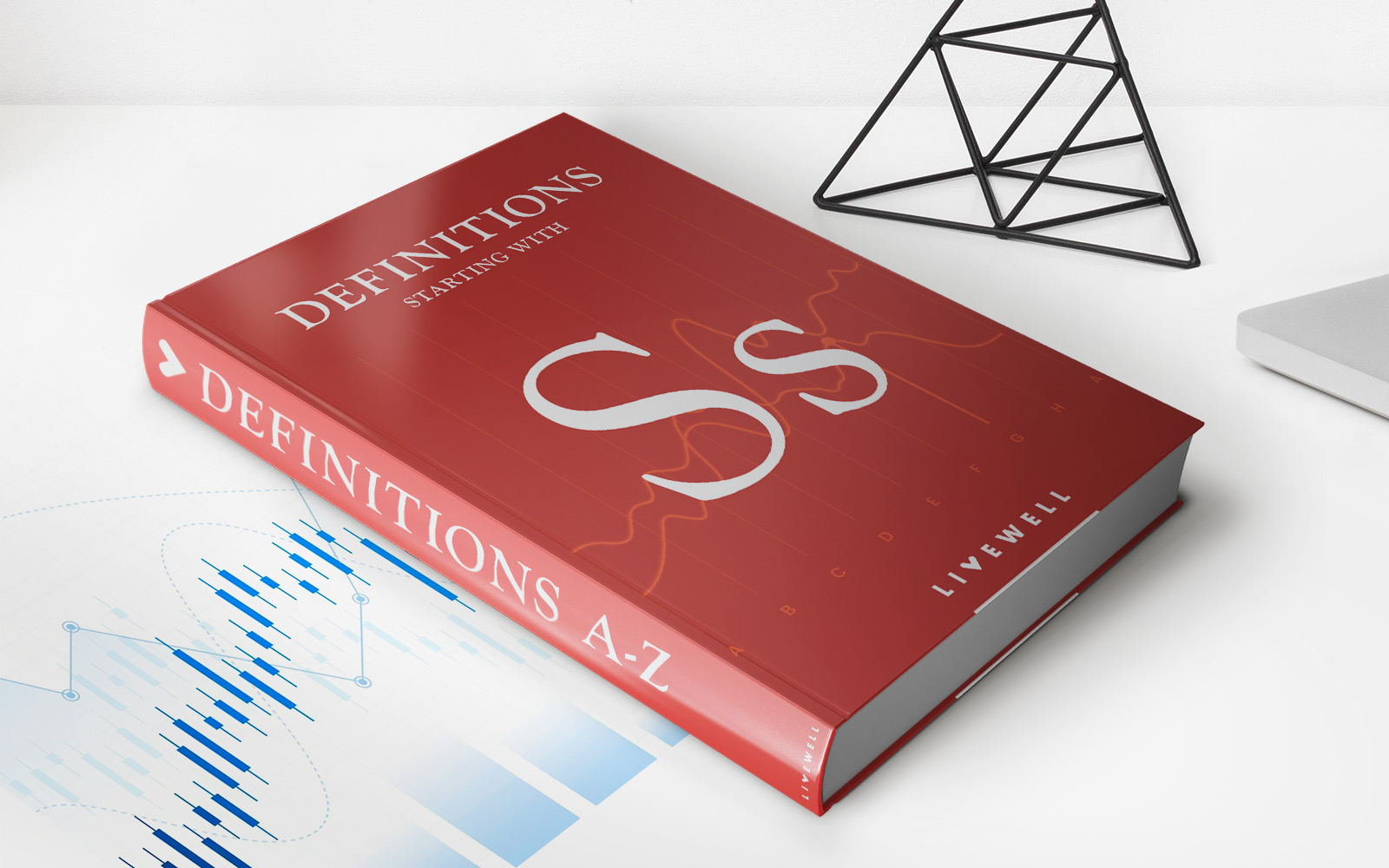

Finance
How Long Do Pensions Last?
Modified: February 21, 2024
Learn about the duration of pensions and how they can impact your financial planning. Find out how long pensions typically last and how to manage your finances effectively.
(Many of the links in this article redirect to a specific reviewed product. Your purchase of these products through affiliate links helps to generate commission for LiveWell, at no extra cost. Learn more)
Table of Contents
Introduction
Understanding the Lifespan of Pensions
Pensions are a critical component of retirement planning, providing individuals with a source of income during their post-employment years. Understanding the duration for which pensions last is essential for ensuring financial stability and security in retirement. This article delves into the factors that influence the lifespan of pensions and offers valuable strategies to maximize their longevity.
Retirees often wonder about the sustainability of their pension funds and seek guidance on how to make them last. Addressing these concerns requires a comprehensive understanding of the various elements that impact the duration of pensions. By exploring the intricacies of pension lifespan, individuals can gain insights into managing their retirement finances effectively.
Pensions play a pivotal role in supporting retirees, offering a steady stream of income to cover living expenses and maintain their desired lifestyle. As such, it is crucial to grasp the dynamics that determine how long pensions will last and the measures that can be taken to extend their viability.
Throughout this article, we will delve into the multifaceted nature of pension duration, shedding light on the factors that influence it and providing actionable strategies to optimize the longevity of pension funds. By unraveling the complexities surrounding pension lifespan, individuals can empower themselves to make informed decisions that will safeguard their financial well-being in retirement.
Understanding Pension Lifespan
When contemplating the lifespan of pensions, it is imperative to recognize that these financial assets are designed to provide a consistent income stream throughout an individual’s retirement years. The duration for which pensions last is contingent upon various factors, including the type of pension plan, the retiree’s life expectancy, and the management of pension funds.
Pension lifespan is influenced by the specific terms outlined in the pension plan. Defined benefit pensions, for instance, offer a predetermined payout for the duration of the retiree’s life, ensuring a steady income flow. Conversely, defined contribution pensions are reliant on the performance of the underlying investments, thereby subjecting them to market fluctuations that can impact their longevity.
Another crucial aspect affecting pension duration is the retiree’s life expectancy. With individuals living longer than ever before, pensions must be structured to provide sustained support throughout an extended retirement period. Therefore, accurately estimating one’s life expectancy is pivotal in ensuring that pension funds are effectively allocated to cover the entirety of retirement.
Furthermore, the management of pension funds plays a pivotal role in determining their lifespan. Prudent investment strategies and effective risk management can contribute to the preservation and growth of pension assets, thereby extending their duration. Conversely, mismanagement and inadequate financial planning can diminish the longevity of pensions, potentially leading to financial strain during retirement.
Understanding the intricacies of pension lifespan empowers individuals to make informed decisions regarding their retirement planning. By comprehending the interplay between pension type, life expectancy, and financial management, retirees can take proactive measures to optimize the duration of their pension funds, thereby securing their financial well-being in retirement.
Factors Affecting Pension Duration
The duration of pensions is subject to a multitude of factors that can significantly impact their longevity. These factors encompass a broad spectrum, ranging from economic variables to individual circumstances, all of which play a pivotal role in determining the sustainability of pension funds.
1. Pension Plan Type: The nature of the pension plan, whether defined benefit or defined contribution, profoundly influences its duration. Defined benefit pensions, with their predetermined payout structure, offer a more predictable lifespan compared to defined contribution pensions, which are susceptible to market volatility.
2. Economic Conditions: The prevailing economic landscape can exert substantial influence on pension duration. Factors such as inflation rates, interest rates, and market performance directly impact the growth and stability of pension funds, thereby affecting their long-term viability.
3. Life Expectancy: The life expectancy of retirees is a crucial determinant of pension duration. With individuals living longer, pensions must be structured to provide sustained support throughout an extended retirement period, necessitating meticulous financial planning to ensure adequate fund allocation.
4. Investment Performance: The performance of pension investments significantly affects the duration of pension funds. Prudent investment strategies and effective risk management can contribute to the preservation and growth of pension assets, thereby extending their lifespan.
5. Withdrawal Rate: The rate at which retirees withdraw funds from their pensions directly impacts their duration. Responsible and strategic withdrawal practices can prolong the lifespan of pensions, while excessive or imprudent withdrawals can deplete funds prematurely.
6. Inflation Protection: Inflation erodes the purchasing power of pension funds over time. Therefore, pensions with built-in inflation protection mechanisms are better equipped to maintain their value and support retirees over an extended period.
By comprehensively understanding these factors, individuals can navigate the complexities of pension duration and implement strategies to optimize the longevity of their pension funds. Proactive financial planning, informed investment decisions, and a keen awareness of economic variables are essential in safeguarding the sustainability of pensions throughout retirement.
Strategies to Make Pensions Last
Maximizing the longevity of pensions necessitates the implementation of prudent strategies that safeguard and optimize pension funds throughout retirement. By adopting proactive measures and informed financial planning, retirees can enhance the sustainability of their pensions, ensuring a reliable income stream over an extended period.
1. Financial Planning: Thorough financial planning is essential for managing pension funds effectively. Retirees should assess their anticipated expenses, consider inflation, and devise a sustainable withdrawal strategy to ensure that pension funds are allocated prudently to cover their needs throughout retirement.
2. Diversified Investments: Diversifying pension investments can mitigate risk and enhance the potential for long-term growth. By allocating pension funds across a range of assets, retirees can capitalize on varying market conditions and bolster the resilience of their pension portfolios.
3. Delaying Social Security Benefits: Delaying the commencement of Social Security benefits can result in higher monthly payments upon activation. By strategically timing the initiation of Social Security, retirees can supplement their pension income and optimize their overall retirement finances.
4. Longevity Insurance: Longevity insurance, in the form of annuities or similar financial products, can provide a guaranteed income stream later in retirement, offering a safety net for individuals concerned about outliving their pension funds.
5. Prudent Withdrawal Practices: Responsible withdrawal practices are imperative for extending the lifespan of pensions. Retirees should carefully manage their withdrawal rates, considering their financial needs and the impact on pension funds over time.
6. Healthcare Planning: Healthcare expenses can significantly impact retirement finances. By devising a comprehensive healthcare plan and considering potential medical costs, retirees can safeguard their pension funds from unexpected financial burdens.
7. Continual Monitoring and Adjustment: Regularly reviewing and adjusting pension strategies in response to changing financial circumstances, market conditions, and personal needs is crucial for optimizing the longevity of pensions.
By integrating these strategies into their retirement planning, individuals can fortify the sustainability of their pensions, ensuring a reliable and consistent income source throughout their retirement years. Proactive and informed decision-making, coupled with prudent financial management, is instrumental in maximizing the lifespan of pensions and fostering financial security in retirement.
Conclusion
Understanding the lifespan of pensions is paramount for retirees seeking to secure their financial well-being throughout retirement. The intricate interplay of pension plan type, economic conditions, life expectancy, investment performance, withdrawal practices, and inflation protection collectively shapes the duration of pensions, underscoring the need for informed and proactive financial planning.
By comprehensively grasping the factors that influence pension duration and implementing prudent strategies, individuals can optimize the longevity of their pension funds. Financial planning, diversified investments, strategic Social Security benefit timing, longevity insurance, responsible withdrawal practices, healthcare planning, and continual monitoring are instrumental in safeguarding pension sustainability and fostering financial security in retirement.
As individuals navigate the complexities of retirement planning, it is essential to remain vigilant and adaptable, continually reassessing and adjusting pension strategies to align with evolving financial circumstances and personal needs. By embracing a proactive and informed approach to pension management, retirees can fortify the sustainability of their pensions, ensuring a reliable income stream that supports their desired lifestyle throughout their retirement years.
In conclusion, the lifespan of pensions is intricately linked to a myriad of factors, all of which underscore the importance of astute financial decision-making and prudent management. By arming themselves with a comprehensive understanding of pension duration and leveraging strategic planning and investment practices, individuals can embark on their retirement journey with confidence, knowing that their pensions are optimized to provide sustained support and financial security in the years ahead.














